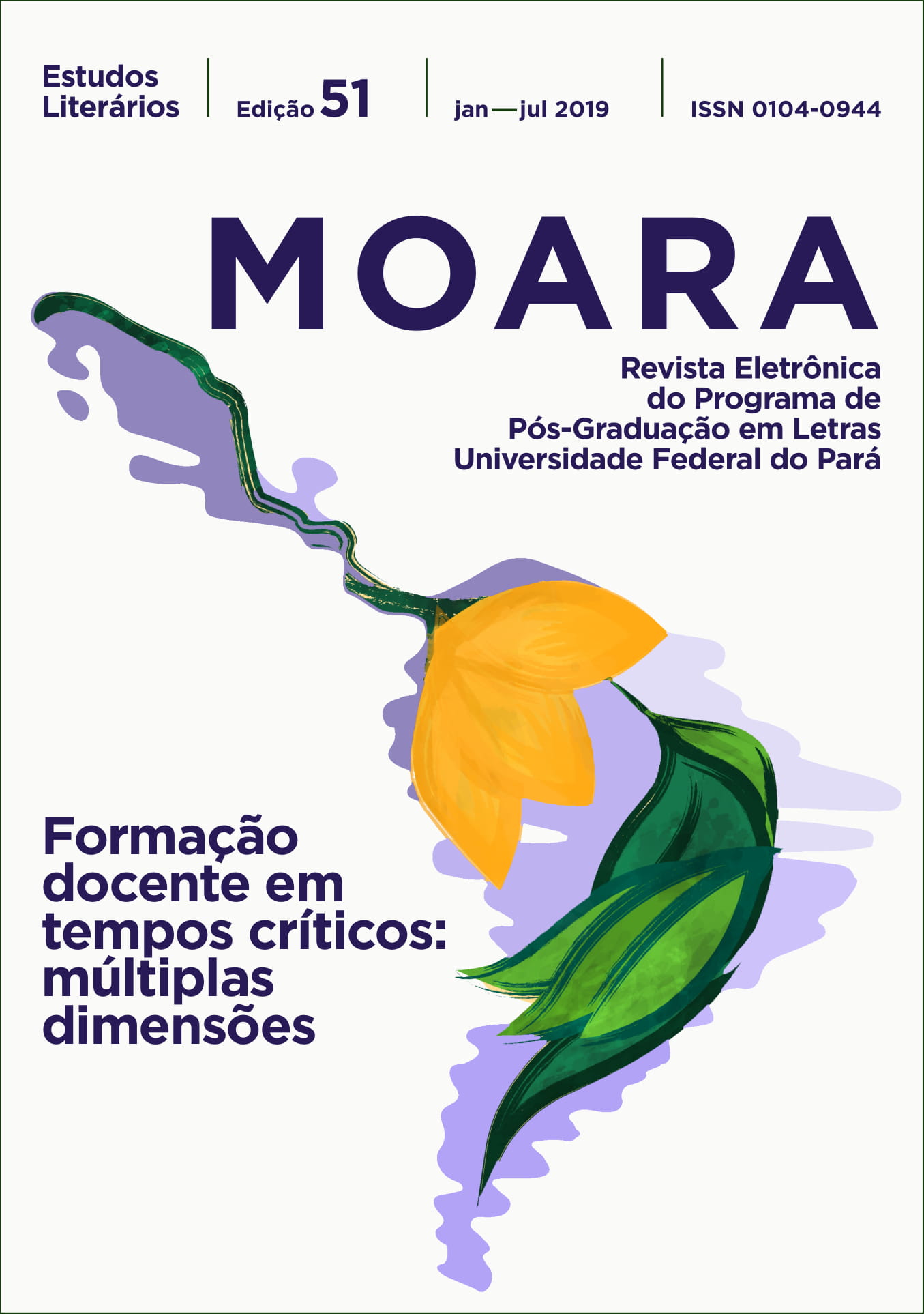Challenges in the teaching-learning of Portuguese as an additional language for multilingual students
DOI:
https://doi.org/10.18542/moara.v1i51.7338Abstract
We sought to reflect about which knowledge, skills and strategies teachers need, so they can enable multilingual students to interact using the target language, considering their expectations and necessities, having the immersion in the speech context of Brazilian Portuguese as an advantage. Our theoretical support is based on the studies of Almeida Filho (2007; 2011), Amado (2012; 2014), Almeida e Júdice (2016), Byram; Gribkova; Starkey (2002), Byram; Grundy (2003), Byram et al. (2009), Cenoz (2003), Kramsch, (1998; 2012), Schlater (2014), Santos; Alvarez (2010), Rottava (2008; 2009). We performed a bibliographic research in Applied Linguistics and an action research, developed in two classes of the preparatory course to the exam of the Certificate of Proficiency in Portuguese for Foreigners (CELPE-Bras) at Federal University of Pará (UFPA), in 2016 and 2017. We concluded that the teaching of Portuguese as an additional language (PAL) requires of the teacher sensitivity to meet the students’ demands, by the exercise of alterity, placing the students at the center of the discovery and appropriation of the language and its target culture(s).Downloads
Published
2019-08-02
Issue
Section
Artigos Científicos de Número Temático (Linguística)


